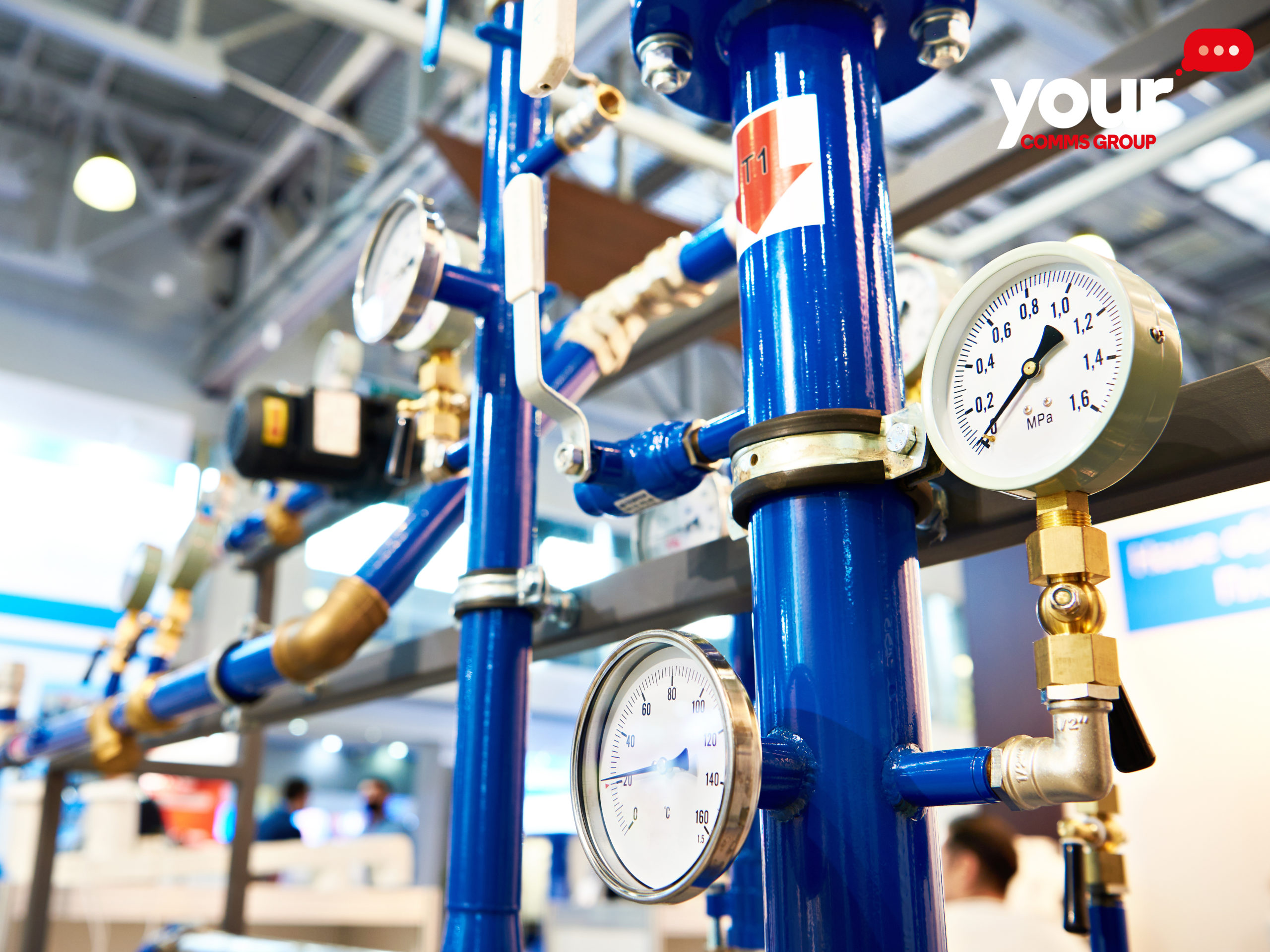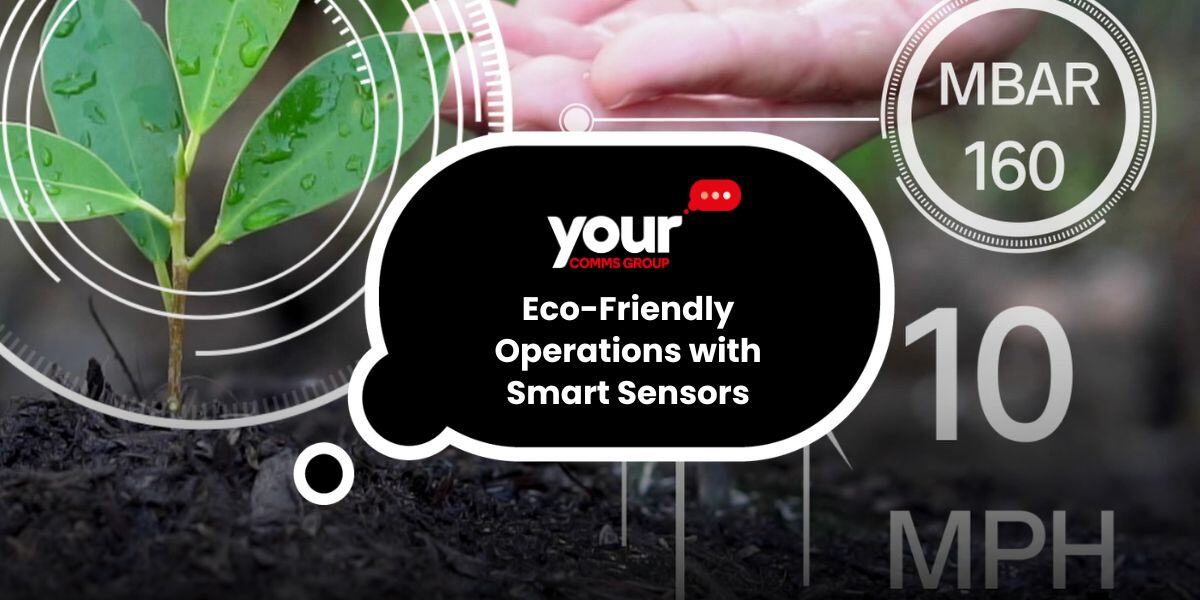The industry sector greatly helps the global economy. However, traditional industries are usually significant consumers of energy and resources, and as a result, they create much pollution, with air and water being the most affected. As environmental awareness grows for consumers and businesses, industries must adopt more sustainable practices.
Fortunately, IoT business solutions, including smart sensors, have changed the game entirely in industrial sustainability. They transform industrial methods and make it possible to operate greenly through energy savings and waste reduction. Smart sensors empower these industries to make data-driven decisions that minimise their environmental impact with real-time data and actionable insights.
This article will elaborate on how leveraging smart sensors for eco-friendly operations will boost sustainable practices in industries.
Smart Sensors: Revolutionising Industrial Processes

Tiny smart sensors are found in machines and industrial areas to gather real-time data such as temperature, pressure, flow rate and vibration. This information can be wirelessly transferred, making it easier for operational managers to supervise, examine, and control industrial processes, even from far away.
Different types of smart sensors are tailored to meet specific requirements, including sensors that can be used to check if some equipment needs immediate maintenance, temperature and motion sensors that adjust power according to room occupancy, pressure sensors designed for efficiency improvement, and flow meters that indicate power consumption levels.
How Smart Sensors Enable Eco-Friendly Operations
Smart sensors enable more informed decisions and optimised processes by providing real-time data and insights, leading to eco-friendly operations. Below are five ways in which smart sensors support sustainable industries:
1. Energy Efficiency
One of the most important aspects of sustainability is energy efficiency, with smart sensors that can monitor and help optimise energy utilisation. Such devices monitor energy consumption patterns and detect where there is wastage, allowing industries to make changes that will decrease energy loss.
2. Waste Reduction

Waste reduction use cases are often seen in food production industries, where smart sensors can pick up on inaccuracies in the production process that generate more waste. By addressing these issues, food processing waste has been reduced significantly because of avoiding it.
Similarly, sensors can monitor the precise usage of raw materials in the chemical industry, ensuring minimal waste and optimal resource use.
3. Predictive Maintenance
Smart sensors offer substantial sustainability benefits in predictive maintenance. These sensors foresee equipment that needs immediate service by monitoring it continuously instead of relying on fixed schedules or breakdowns for traditional maintenance. Not only reduce downtime, predictive maintenance also extends the lifespan of equipment, resulting in fewer replacements and less waste.
4. Water Conservation
Water is a precious resource in the industrial sector that needs to be used wisely and efficiently. With smart sensors, operational managers monitor water consumption, identifying potential leakages. Actions can then be taken to prevent wastage.
5. Enhancing Air Quality
Sensors detect higher air pollution rates, thus reducing emissions by starting ventilation systems. This helps the company abide by laws while making the working environment safe. For the workers, better health outcomes are expected due to improved air quality and increased staff health with minimal impact on nature.
The future of smart sensors in sustainable industry looks bright, with advancements like self-calibration and advanced data analytics enhancing their capabilities. These innovations, supportive regulations, and policies are expected to accelerate their adoption, driving significant environmental improvements.
Conclusion
- Smart sensors revolutionise industrial operations by enabling energy efficiency, waste reduction, and improved resource management.
- As industries strive for sustainability, these intelligent devices offer a pathway to more eco-friendly and efficient practices.
Looking to enhance your industrial operations with tailored smart sensor technology that best suits your needs? Consult with Your Comms Group, your trusted partner in telecommunication solutions, to discover how our expertise can help you achieve sustainable and efficient practices with cutting-edge IoT Business Solutions and smart sensors. Contact us today to learn more!



